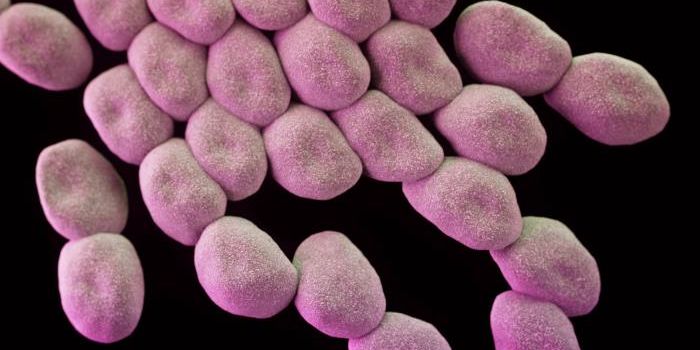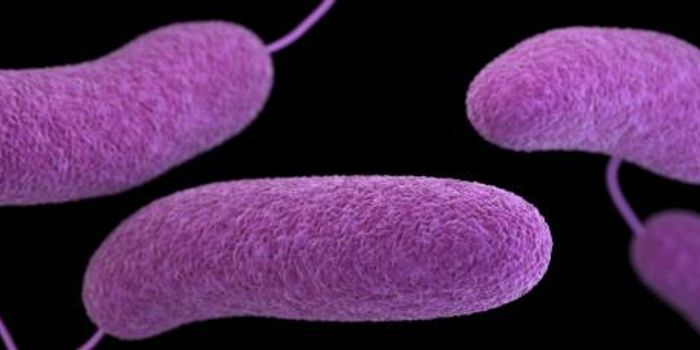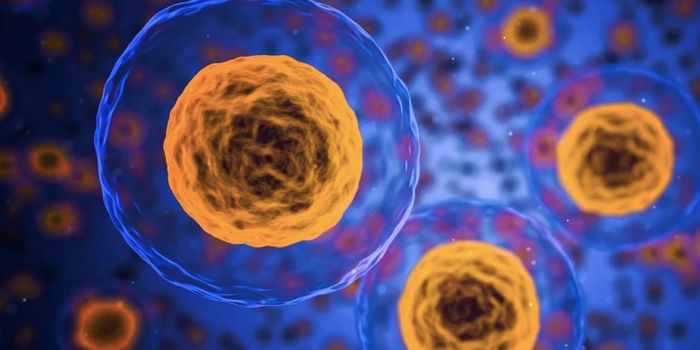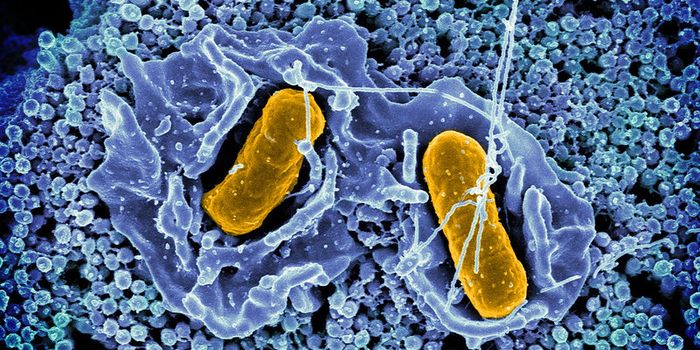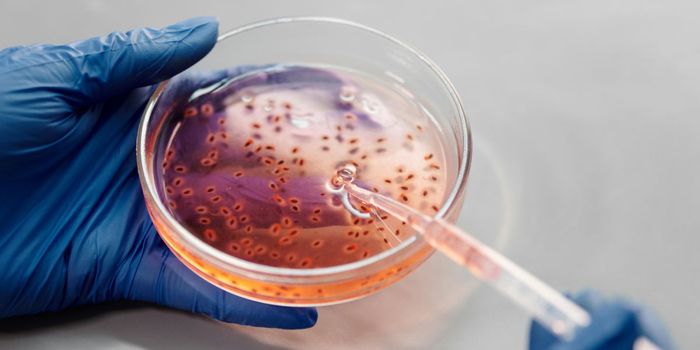The human gut microbiome is the community of microorganisms living in our gastrointestinal tract; it can help us digest food and absorb nutrients, and an ever-growing body of research indicates that it has a profound impact on our health. As people learn more about it, more products have entered the market aimed at manipulating the microbiome. And while there is real therapeutic potential in that approach, noted biologist Seth Bordenstein of Vanderbilt University, we must first understand what a healthy microbiome looks like before we can know how to alter microbiomes that are out of balance.
An assessment of data collected from almost 1,700 Americans of different ages, genders, weights, and ethnicities indicated that people of different ethnicities have different microbiomes. The microbiome is a lot easier to change than a person’s molecular characteristics, like their genes and how proteins are expressed in their bodies. Research has also shown that ethnic minorities suffer from chronic diseases at higher rates; this work, which has been reported in PLOS Biology and is outlined in the video, may help explain that finding. Treating those diseases may be possible by changing the microbiome.
"Human genomes are 99.9 percent the same between any two people, so what we're really interested in is what explains the marked variations in gut microbiomes between people," said Bordenstein, associate professor of biological sciences. "What are the rules, and can we manipulate that microbiome in order to improve health and medicine in the long run? If you look at common factors associated with gut microbiome differences, such as gender, weight or age, you find many inconsistencies in the types of gut bacteria present. But when we compare differences by patients' self-declared ethnicities, we find stable and consistent features of bacteria present in the gut."
In this study, the researchers identified a dozen types of bacteria whose levels varied depending on the ethnicity of the person the bacteria came from. Many things can influence ethnicity, from genetics to diet, noted Vanderbilt Genetics Institute doctoral student Andrew Brooks, who analyzed data provided by the American Gut Project and Human Microbiome Project. It does begin to establish what a normal microbiome can look like, and how healthy variations occur among people.
Bordenstein directs the Vanderbilt Microbiome Initiative, which aims to advance microbial discoveries and translate them into benefits for patients.
"You may buy probiotics over the counter at a drugstore, but those are unlikely to affect your microbiome in a substantial way," Bordenstein said. "They often are at too low a dose, and they may not even be viable bacteria. Moreover, one size may not fit all. But with more of this kind of research, we can hone in on the relevant differences and doses of bacteria that may reverse illness or prevent it from developing in the first place."
Sources: Phys.org via Vanderbilt University, PLOS Biology


